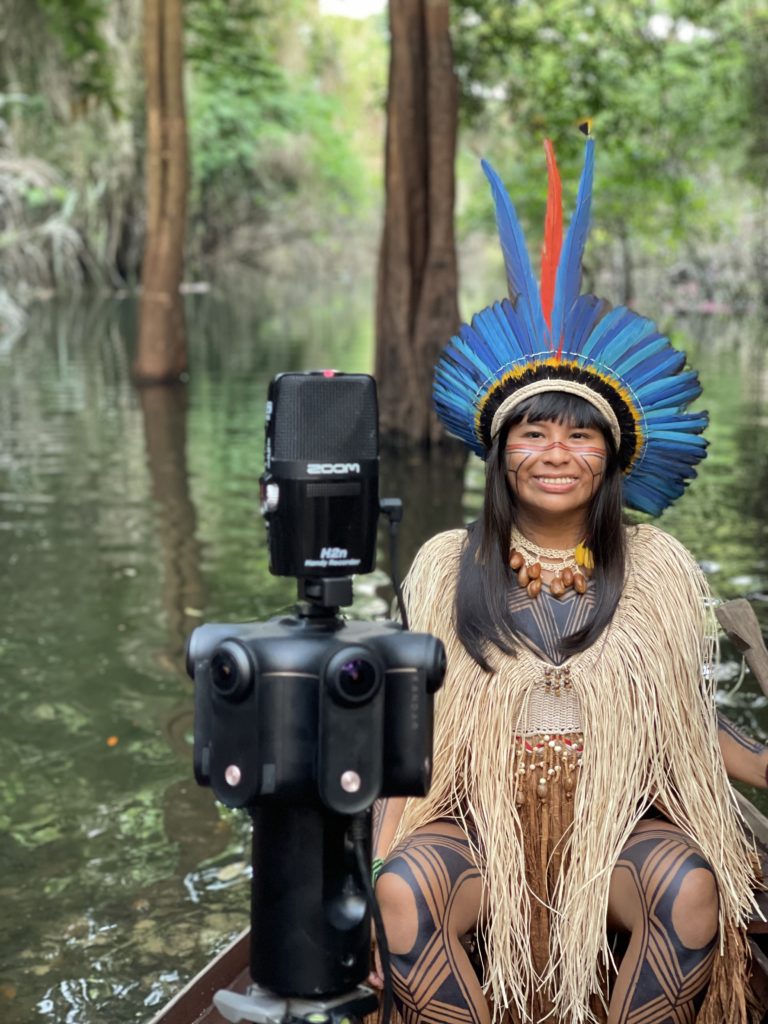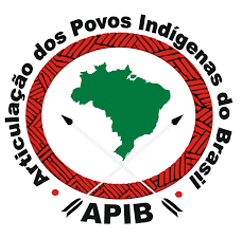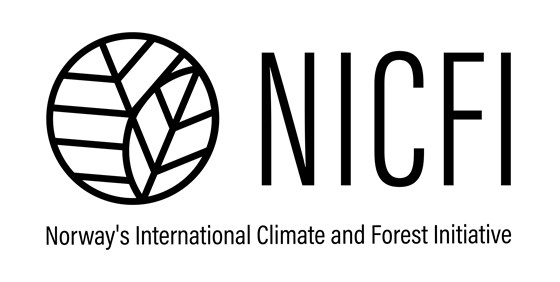Apoiando lideranças e comunidades religiosas na missão de proteger a vida, cuidar da natureza e desenvolver com sustentabilidade

"Amazônia Viva" connects the viewer to the Amazon through an interactive journey
Bringing together and integrating ordinary people from diverse parts of the world with indigenous peoples, local communities, environmentalists, public officials, and scientists for the preservation and conservation of the world's largest tropical rainforest may seem like a dream conceived, but it is one of the innovative strategies proposed in "Amazônia Viva." The film is a creation of IRI Brazil, with a screenplay and direction by the award-winning filmmaker Estevão Ciavatta from Pindorama Filmes, and funded by the Climate and Society Institute (iCS). Spanning a duration of 10 minutes, it offers an immersive experience through the Rio Tapajós region, employing 360º footage to unveil one of the planet’s paramount locales, ultimately fostering a more intimate connection between people and the Amazon. Cacica Raquel Tupinambá, from the Surucuá community, graciously extends her hospitality and serves as the guide for viewers on this entirely interactive virtual journey through one of the most significant, breathtaking, and regrettably, threatened biomes due to human activity.
Together, we can preserve the forests.
The Interfaith Rainforest Initiative in Brazil (IRI-Brazil) is a platform that supports religious leaders, enabling them to expand their contributions towards climate balance, forest conservation, sustainable forest use, and the protection of indigenous peoples and local communities.
Our work
We work with three main objectives

Increase awareness
Broaden the understanding of the severity of the climate crisis and the urgency of halting deforestation, by providing religious leaders with scientific information and the necessary tools to contribute to the resolution of these issues.

Mobilize for action
Promote the creation of local and regional initiatives linked to religious communities aimed at protecting the population from climate risks, preserving forests, and safeguarding those who serve as their custodians.

Advocate for public policies
Encourage the implementation of programs by the public administration that not only protect the population from climate risks but also preserve forests and ensure the rights of indigenous and traditional communities.



















